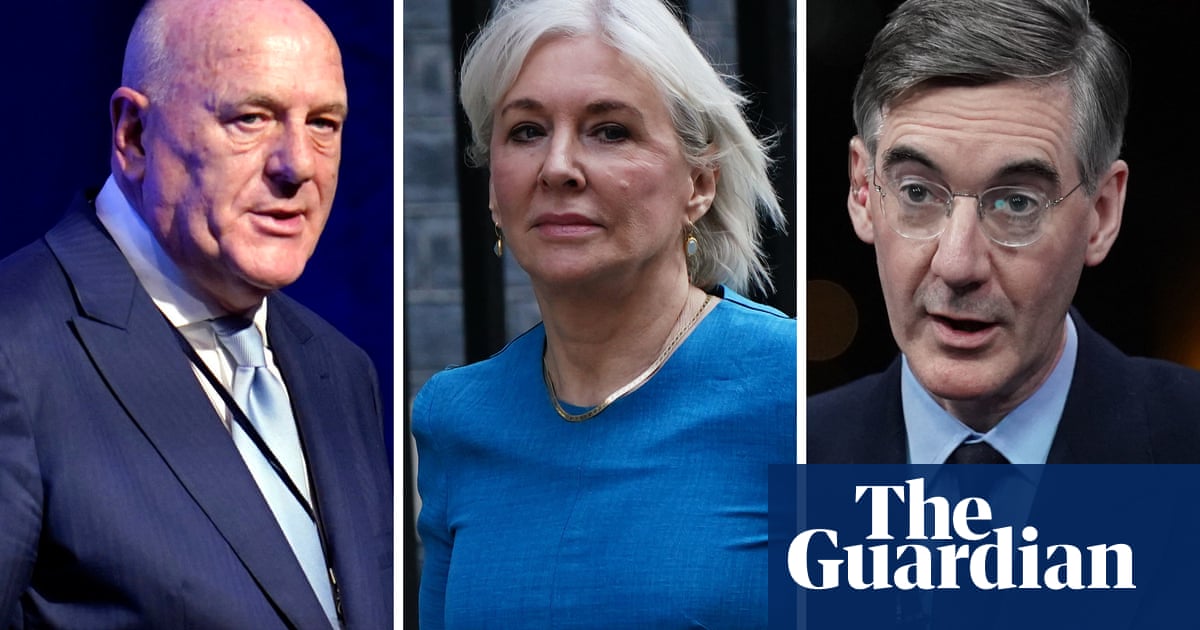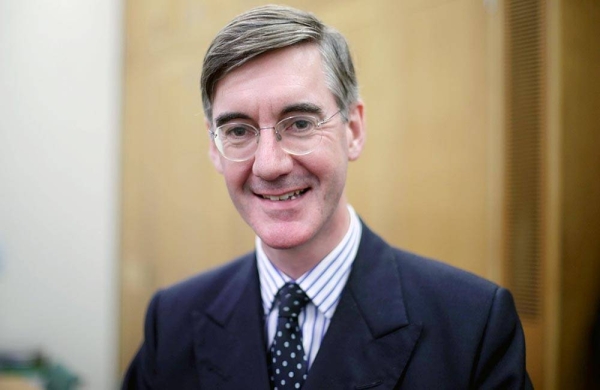
Staff at the Palace of Westminster along with MPs, union leaders and women’s groups have accused Jacob Rees-Mogg of undermining a new independent system designed to prevent bullying and sexual harassment in the Houses of Parliament.
MPs will on Tuesday debate the implementation of a new independent expert panel (IEP) designed to make the process of dealing with bullying, harassment and sexual harassment independent, which was hailed as the beginning of a “seismic change” in Westminster when it was announced in February.
But in an open letter seen by the Guardian, staff members and victims of bullying and sexual harassment highlight that the leader of the house has included the ability for MPs to debate decisions made by the independent panel.
Sanctions for less severe misconduct will be implemented directly by the panel, but MPs will be able to debate the most serious cases where the panel has called for an MP to be suspended or expelled from the house.
The letter, which had more than 60 signatories, including Dave Penman, the general secretary of the FDA civil service union, by mid-morning on Tuesday, states: “Intimidation regularly stops women from reporting sexual harassment and the fact that cases could be discussed by MPs would exacerbate this, meaning more women will suffer in silence.”
It comes 18 months after an independent inquiry by Dame Laura Cox revealed the scale of sexual harassment, intimidation and bullying in Westminster. Cox said the vast majority of abuse was targeted at women, whose careers had been blighted by a lack of action.
The Labour party activist Ava Etemadzadeh, who accused the Labour MP Kelvin Hopkins of inappropriate sexual behaviour – which he has denied – said she was shocked at the move. “Allowing MPs to debate the any sanctions can just revictimise the person involved. It means the system is not completely independent, which is what victims have been calling for all along.”
The standing order – the written rules that regulate proceedings in the Commons and the Lords – introduced by Rees-Mogg would create an IEP but in the most serious of cases a debate would still be allowed.
MPs would be prohibited from discussing complainants’ names or specific details but, with politicians protected by parliamentary privilege, campaigners argue that, in practice, MPs could say what they like. The Labour MP Chris Bryant has tabled an amendment that would take out the option of debating upheld complaints.
Helen Pankhurst of the Centenary Action Group said the move would compromise the independence of the complaints process.
“We need a fully independent process, that fact-checks complaints and results in action,” she said. “As soon as you reintroduce the voice of the powerful, where there is a gatekeeping by the powerful, you undermine the trust in that independent system and the validity of the whole process. And the direct result of that is that people will not come forward – and you once again hand power back to the abusers.”












